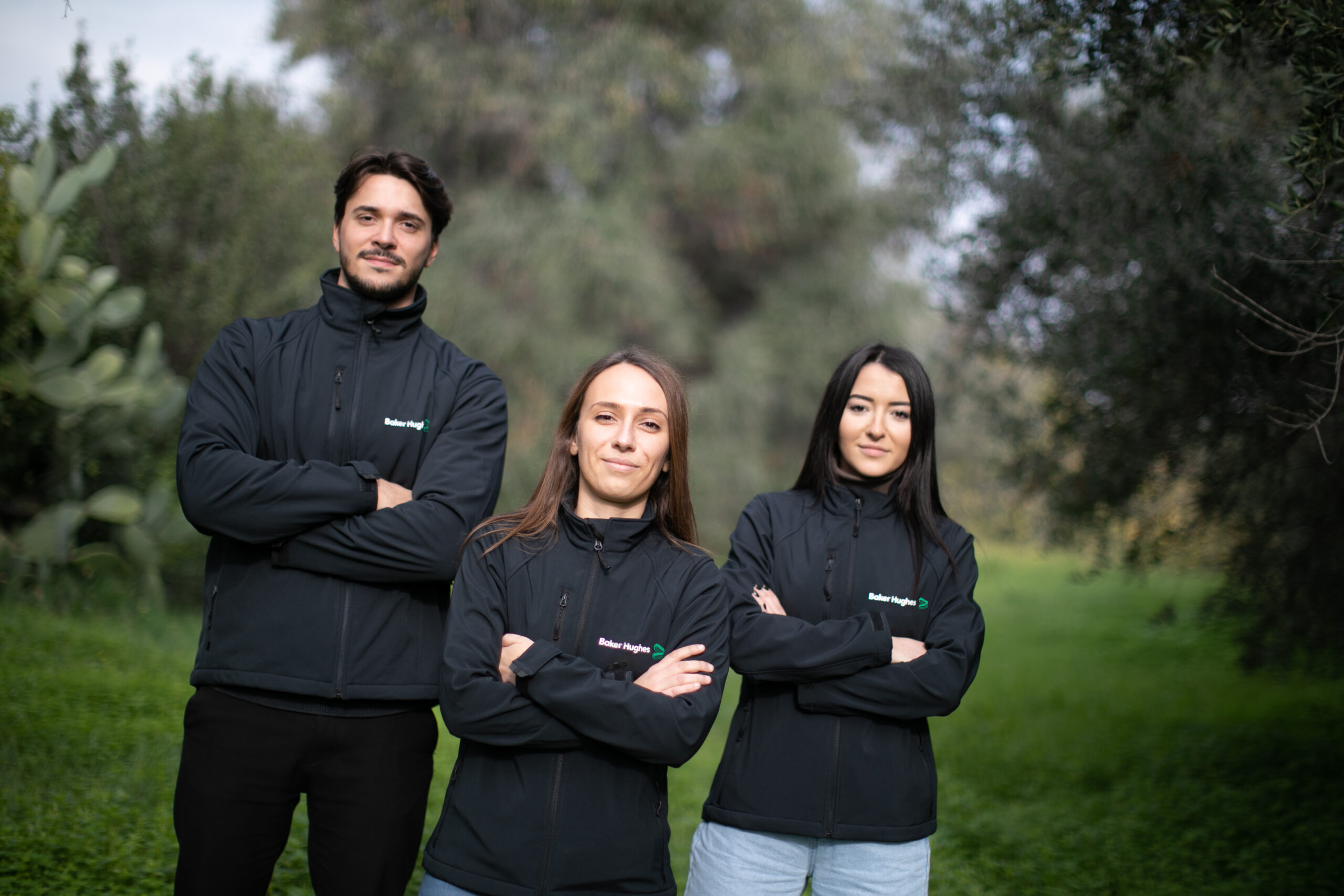Partners
- Home
- Partners
Partnering Toward Net Zero
Mosaic partners with corporations and institutions that are committed to reducing their carbon contribution to the planet. Whether you’re interested in removing CO2 from your operations or sourcing recycled CO2 for your operations the Mosaic team will work with you to implement solutions that help you achieve your net-zero carbon emission goals.


Why Partner
- Demonstrate climate leadership with external stakeholders
- Enhance their brand as an employer
- Build confidence in consumers and shareholders
- Differentiate from competitors
- Achieve ESG goals and commitments
- Earn government incentives (carbon credits) now
- Avoid likely future government penalties (many European countries currently implement penalties for companies that are not sufficiently reducing carbon emissions, and this is likely a trend that will come to the US)
Remove CO2
Mosaic builds commercial DAC systems that enable corporations and institutions to remove their CO2 contribution from the air. Organizations can partner with Mosaic in two ways to reduce their carbon emissions:
1. Companies can purchase and operate a Mosaic DAC system to directly capture emissions from their operations.
2. Companies can buy carbon credits from Mosaic for capturing their CO2 contribution and offsetting their carbon footprint.
Ready to reduce your organization’s carbon footprint?


Acquire CO2
Instead of relying on natural gas or pulling new CO2 from the earth, manufacturers of materials that require CO2 as an ingredient can partner with Mosaic to purchase recycled CO2. Mosaic provides pure, high-quality CO2 that is captured directly from the air—which means it is net-neutral and does not contribute new CO2 to the atmosphere.
Ready to start sustainably sourcing CO2?
Our Partners


